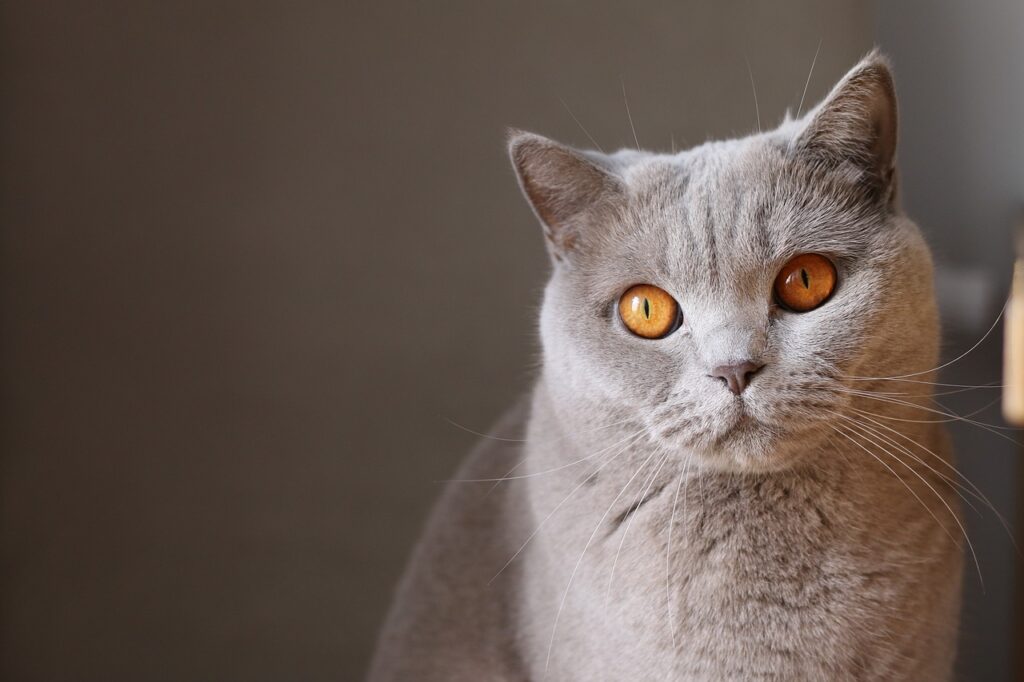Can Cats Eat Oranges? – No, They Can’t
Cats should steer clear of oranges. While the bright citrus fruit is a healthy snack for humans, it’s a different story for our feline friends. Oranges contain essential oils and compounds like limonene and linalool, as well as a substance known as psoralen, which can be toxic to cats. Their digestive systems are not designed to process such compounds, and exposure may lead to adverse reactions.
Is It Safe for Kittens to Consume Oranges?
Just like adult cats, kittens should not eat oranges. In fact, their younger, developing bodies can be even more sensitive to the toxic substances contained in oranges. Kittens are also more likely to experience digestive upset from eating foods that are not part of their regular diet.
Risks Associated with Feeding Oranges to Kittens
Feeding oranges to kittens may pose risks such as gastrointestinal distress, including vomiting and diarrhea. The essential oils in oranges can also lead to more severe symptoms, such as central nervous system depression. Given kittens’ small size and the potency of the toxins within oranges, even a small amount ingested can be particularly harmful.
Why Oranges are Not Recommended for Cats
Potential Toxicity
Oranges contain compounds that are toxic to cats. The essential oils and psoralen can lead to symptoms like drooling, weakness, tremors, and in severe cases, liver failure or death.
Digestive Upset
Cats lack the enzymes to break down citrus fruits properly, leading to digestive upset. Symptoms may include vomiting, diarrhea, or abdominal pain, which can cause serious discomfort and stress for your pet.
Adverse Reactions
Beyond the physical discomfort, the ingestion of oranges can cause dermatitis, photosensitivity, and changes in behavior due to the irritating nature of citrus oils and the psychological effect on cats when they ingest something harmful.
Known Health Issues in Cats from Consuming Oranges
Health issues in cats from eating oranges can range from mild to severe. They may exhibit lethargy, depression, or an upset stomach. In the worst-case scenario, a cat may suffer from more serious conditions such as liver failure or a severe allergic reaction, which could be life-threatening.
What to Do If a Cat Has Consumed Oranges?
- Contact a Vet Immediately: If you suspect your cat has eaten oranges, consult a vet right away, even if there are no immediate symptoms.
- Monitor Your Cat: Keep an eye on your cat for any signs of distress or unusual behavior and report these to your vet.
- Prevent Further Access: Ensure all oranges and other citrus fruits are out of your cat’s reach to avoid accidental ingestion in the future.
Safe Alternatives to Oranges for Cats
Instead of oranges, offer your cat treats that are specially formulated for them. Cat-safe treats and foods include cooked meats like chicken or turkey, commercial cat treats, and catnip. Always ensure that treats are given in moderation as a supplement to a balanced diet designed specifically for cats.
Conclusion
In conclusion, oranges are a definite no for cats. Though tangy and refreshing for humans, they pose significant risks to our feline companions. It’s essential to stick to a species-appropriate diet to maintain your cat’s health and well-being. By avoiding the feeding of oranges and opting for safer, cat-friendly alternatives, you can ensure your pet remains happy and healthy.



